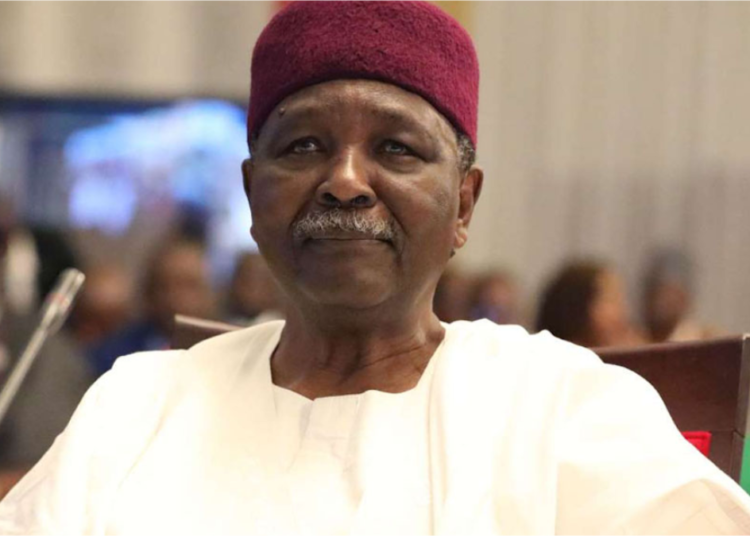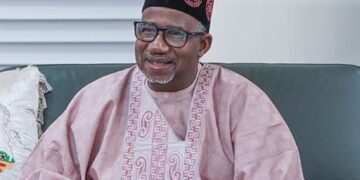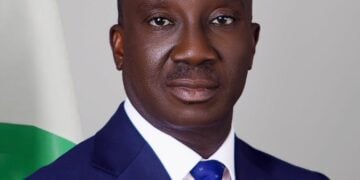A former Nigerian Head of State, General Yakubu Gowon has stated that the Aburi Accord collapsed because Chukwuemeka Odumegwu Ojukwu wanted regional governors to control military zones.
Gowon served as Nigeria’s military ruler from 1966 until 1975, when he was ousted in a bloodless coup.
Ojukwu was the military governor of the eastern region during this period.
In an interview on Arise Television on Wednesday, Gowon recounted the events following the agreement reached in Aburi, a town in Ghana.
The meeting that led to the accord occurred from January 4 to 5, 1967, with delegates from both sides contributing to the discussions.
The aim was to resolve the political impasse threatening the country’s unity.
The crux of the agreement was that each region should be responsible for its affairs.
During the meeting, delegates reached specific resolutions regarding military control and structure. However, the precise agreement reached was contentious.
The failure of the Aburi Accord ultimately led to Nigeria’s civil war, which lasted from July 6, 1967, to January 15, 1970.
Speaking on what occurred post-agreement, Gowon suggested that the resolutions should have been discussed further and finalised.
The ex-military leader noted that he fell ill after returning to Nigeria from Aburi, and that Ojukwu made unauthorised statements regarding the accord.
Gowon expressed uncertainty about the source of Ojukwu’s interpretation of the agreement.
“We simply went to Aburi to meet as officers and then agreed to return home to resolve the problem. That was my understanding. However, that was not Ojukwu’s understanding. Unfortunately, I know people may not believe it, but I was suffering from a severe fever or something similar, and I was unable to make decisions upon our return. It was Ojukwu who made certain statements about the Aburi Accord,” he said.
He added that a follow-up meeting to clarify the agreement’s issues was scheduled for Benin City, with invitations sent to Ojukwu and other regional governors.
Gowon mentioned that Ojukwu declined the invitation, citing safety concerns.
“I am uncertain which accord he (Ojukwu) was referring to, as he arrived at the meeting with prepared documents outlining his demands, and we discussed them individually. We agreed on some points and disagreed on others,” Gowon elaborated.
“To give a significant example, we stated that the military would be zoned, but he wanted those zones to be commanded by the governors.
“For instance, a military zone in the north would be commanded by the governor of the military in the north; the military zone in the east would be under his command. Naturally, we did not agree to that.” Ojukwu passed away on November 26, 2011, at 78.











